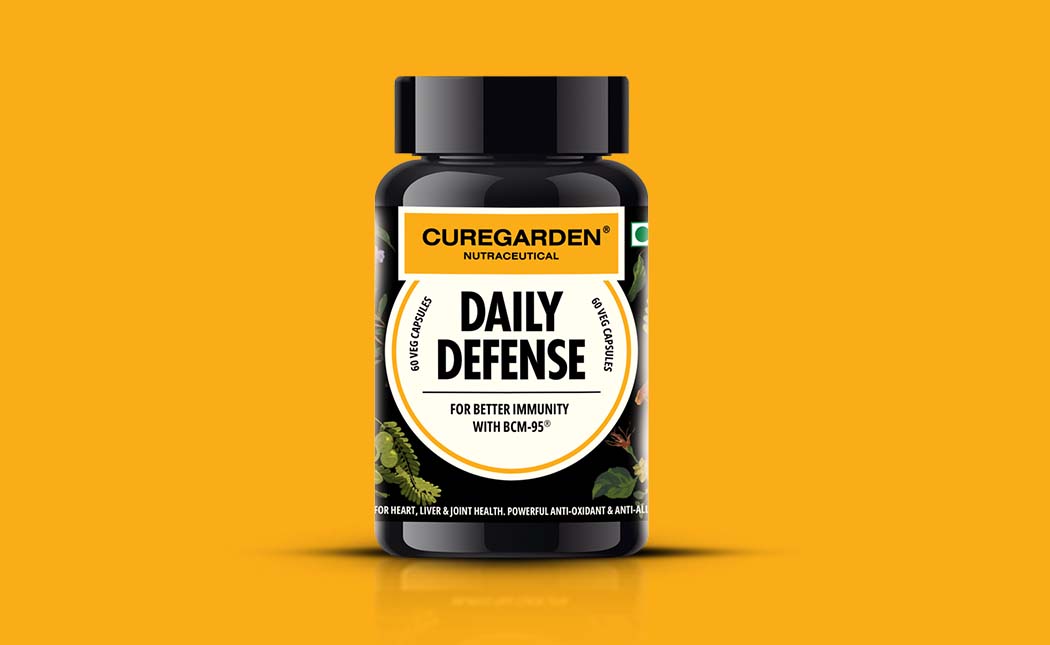Essential Takeaways
- Eating habits, lifestyle, and choice of foods can affect the way your body digests what you eat.
- Know how staying hydrated, adding fibre, and exercising promote your better digestive health.
The food you eat and the lifestyle you live directly affects the health of your digestive system. By taking steps to improve your digestion, you'll help your digestive system to function more efficiently which in turn will also improve your overall health and sense of well-being. Here are some ways for better digestive health:
1. Eat A High-Fiber Diet
Getting plenty of fiber is very beneficial for good digestion. High fiber foods promote regular bowel movement and reduce the risk of digestive issues, including reflux, IBS, ulcers, hemorrhoids, and diverticulitis. Food rich in fiber is oat bran, legumes, nuts, seeds, vegetables, whole grains, and wheat bran.
2. Stay Hydrated
Staying hydrated is important for your digestive health. Low fluid intake is a common cause of constipation. Drink more and more water every day to keep your body hydrated. You can also include herbal teas and other non-caffeinated beverages such as seltzer water to meet your fluid intake. You can also include fruits and vegetables in your diet that are high in water, such as cucumber, zucchini, celery, tomatoes, melons, strawberries, grapefruit and peaches to keep your body hydrated.
3. Include Healthy Fats In Your Diet
Add healthy fats to your diet which helps to improve the absorption of some fat-soluble nutrients. Additionally, foods rich in omega 3 fatty acids such as flaxseeds, chia seeds, nuts, and fish (salmon, mackerel, sardines) may decrease your risk of developing inflammatory bowel diseases.
4. Exercise Daily
Being physically active is one of the best ways to improve your digestion. Regular exercise helps keep your foods moving through your digestive system. Therefore, taking a walk after a meal may help your body in moving this along. Also, regular exercise help reduce inflammation, which may be beneficial in managing and preventing inflammatory bowel disease.
5. Manage Your Stress
Stress hormones negatively impact your digestive health. When you take stress, blood and energy are diverted away from your digestive system. Also, what affects your brain may also impact your digestion as your gut and brain are connected. Therefore, reducing stress can improve digestive health.
6. Eat Consciously
Always eat slowly and pay attention to the texture, taste, and temperature of your food. It may help prevent common digestive problems such as bloating, indigestion, and gas.
7. Listen To Your Body
Take the time to eat slowly and pay attention to how much you are hungry and how full you're getting is one way to prevent common digestive issues such as gas, bloating, and indigestion. Moreover, eating when you're stressed, anxious or emotional can impact your digestion health negatively.
8. Set Your Eating Schedule
Aim to consume your meals and snacks around the same time each day as it can help keep your digestive system in perfect shape.
The Bottom Line
Your eating habits, lifestyle, and choice of foods can affect the way your body digests what you eat. Staying hydrated, adding fiber, and exercising all promote your better digestive health. Following these healthy tips will help to improve your digestion naturally. You can also try Curegarden Natural Herbagut which is extremely effective for overall gut health and digestive wellness.

About the author
Essential Takeaways
- Eating habits, lifestyle, and choice of foods can affect the way your body digests what you eat.
- Know how staying hydrated, adding fibre, and exercising promote your better digestive health.












